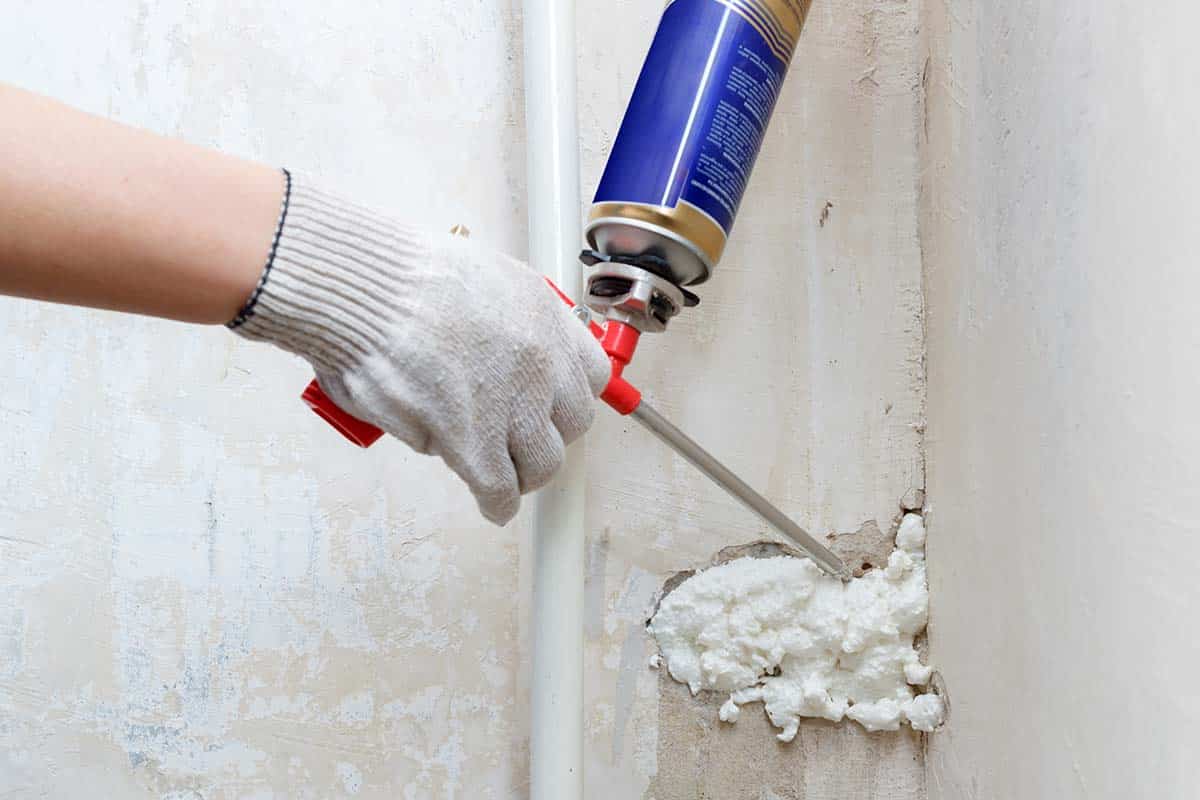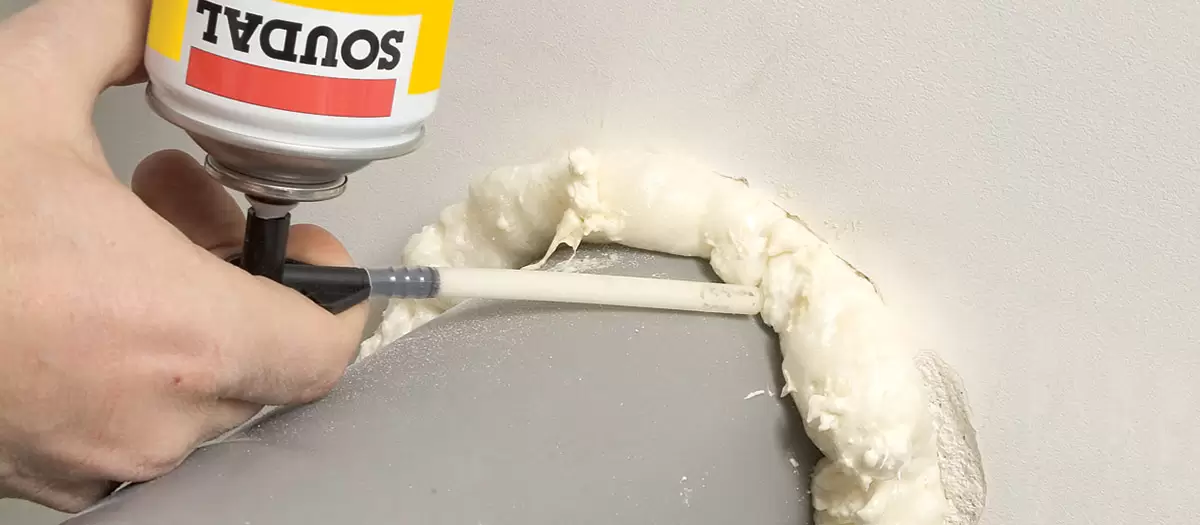
If your home has become less comfortable, energy bills are creeping up, or you’ve started noticing drafts or musty odors, there’s a good chance your spray foam insulation might be compromised. Though spray foam insulation is celebrated for its long lifespan and energy efficiency, it’s not immune to wear and tear. Over time, environmental conditions, improper installation, or pest activity can degrade even the most durable materials.
In this article, we’ll guide Fresno property owners through key warning signs that indicate their spray foam insulation may need repairs. We’ll also explore how these signs specifically affect properties in Fresno’s demanding climate, how to identify potential damage, and what proactive steps homeowners can take to restore their insulation’s performance.
Why Spray Foam Issues Matter in Fresno
Fresno’s weather can be extreme—hot and dry summers, followed by cool and damp winters. This variation puts extra pressure on home insulation systems. Spray foam, particularly closed-cell foam, is engineered to provide both insulation and air sealing. When it fails, the results can be more than just a drafty room:
- Higher utility bills month after month
- Uneven or uncomfortable indoor climate
- Extra wear and tear on HVAC systems
- Increased moisture intrusion risks
When insulation isn’t functioning properly, your home becomes more vulnerable to external temperature changes and indoor air quality problems. Let’s explore the top signs that your insulation may be in need of attention.
1. Rising Energy Costs Without Any Lifestyle Change
One of the earliest signs of insulation issues is a rise in your monthly energy bills, despite using your HVAC system the same way. Damaged spray foam loses its ability to properly seal and insulate, allowing hot or cold air to pass through your walls, attic, or crawl spaces.
Bonus Tip: Track energy usage via your utility company’s reports. Year-over-year comparisons during the same season can highlight unexplained increases.

2. Uneven Room Temperatures
Do certain rooms in your house stay hotter in the summer or chillier in the winter, no matter how you adjust the thermostat? Inconsistent temperatures are a common red flag.
What to Watch For:
- Hot or cold spots in certain areas of the home
- HVAC constantly running but not maintaining comfort
- Drafts near baseboards, vents, or around windows
These symptoms often point to deteriorated or displaced spray foam that’s no longer forming an effective thermal envelope.
3. Moisture, Mold, or Musty Odors
One overlooked benefit of spray foam is its role as an air and vapor barrier. If it begins to fail, water vapor can infiltrate your home, leading to musty smells, visible mold, and even long-term structural damage.
Potential Signs Include:
- Damp or humid indoor air, especially in closets or corners
- Musty smells in crawl spaces, attics, or basements
- Water stains on ceilings or drywall

4. Pest Infestations
Although closed-cell spray foam can resist rodents and insects better than fiberglass or cellulose, it’s not pest-proof. Cracks or gaps in aging spray foam can create hidden entry points.
Indicators of Pest Activity:
- Small holes or tunnels in attic insulation
- Rodent droppings in basements or near baseboards
- Unusual smells or scratching noises in walls or ceiling
Bonus Tip: Schedule a yearly attic and crawl space inspection to catch issues before pests turn them into nesting grounds.
5. Visible Cracks, Shrinkage, or Peeling
Over time, thermal expansion and contraction can stress insulation. This can lead to spray foam pulling away from surfaces, leaving visible cracks or thin patches that no longer seal effectively.
Where to Check:
- Around attic rafters and roof sheathing
- Basement rim joists
- Behind wall panels during renovation projects
Peeling or shrinking foam is also a sign of poor installation or exposure to UV radiation.
6. Poor Sound Insulation
If you suddenly notice more traffic noise from outside or sound travel between rooms, your insulation may be compromised. Spray foam—especially open-cell—offers sound dampening, but only when fully intact.
What This Tells You:
- Gaps are forming in your insulation layer
- Soundproofing materials are degrading
- Potential air leakage is also occurring
Improved noise levels can be an early indicator of insulation degradation.
7. Older Insulation (10+ Years) Without Recent Inspection
Even though high-quality spray foam can last for decades, it’s smart to have it assessed after the 10-year mark. Environmental stressors, hidden leaks, or construction shifts can accelerate wear.
Pro Insight: Older insulation may still perform adequately, but routine inspections help identify early problems that can be easily repaired before they escalate.
What to Expect During an Inspection:
- Infrared scans to detect air leaks
- Moisture checks in crawl spaces
- Visual assessment of adhesion and coverage
Spray Foam Insulation: Quick Comparison
| Feature | Closed-Cell Spray Foam | Open-Cell Spray Foam |
| R-Value per inch | ~6–7 | ~3.5 |
| Moisture Resistance | High | Low |
| Air Sealing Quality | Excellent | Good |
| Soundproofing Ability | Moderate | Excellent |
| Cost per sq. ft. | Higher | Lower |
| Ideal Application Areas | Exterior walls, roofs | Interior walls, ceilings |
Technical Performance Overview
| Specification | Closed-Cell Spray Foam |
| R-Value per inch | 6.5 |
| Water Absorption Rate | <1% |
| Expansion Rate | ~30x original volume |
| Air Impermeability | 100% when properly applied |
| Lifespan | 20–30 years |
| Thermal Resistance Range | -20°F to 180°F |
Things to Consider Before Choosing Insulation Repair or Replacement
Choosing between repairing or replacing spray foam insulation isn’t always straightforward. Here are a few key factors to evaluate before making the decision:
- Ventilation systems: Ensure your attic and crawl spaces are adequately ventilated to avoid moisture problems.
- Fresno’s climate needs: Closed-cell spray foam excels in sealing homes against hot, dry air.
- Combination systems: Your property may have layered insulation types; compatibility matters.
- Rebates and incentives: Look into California energy rebate programs to help offset repair or replacement costs.
[Image: Home inspection technician evaluating attic insulation]
Bonus Tip: Some local utility companies offer free or subsidized home energy audits—these can help you assess insulation performance objectively.
Common Homeowner Questions
- Can I repair spray foam myself? DIY repairs rarely achieve proper air sealing. Professional tools and training are key to maintaining performance.
- Is old spray foam harmful? It’s not inherently toxic but can contribute to poor air quality if it’s deteriorated or allowing moisture in.
- How much will spray foam repair cost? Costs depend on area size and damage, but are usually more affordable than full replacement.
- Will I need to vacate my home during repair? Not always, but some repairs require ventilation or drying time, especially in enclosed spaces.
Frequently Asked Questions About Home Insulation
- How often should I inspect my insulation?
Every 1–2 years, especially before summer and winter seasons. - What’s better: repairing or replacing spray foam?
Minor gaps or damage can be patched. Widespread cracking, pest damage, or moisture issues often require replacement. - Does insulation impact HVAC performance?
Yes. Efficient insulation reduces HVAC workload, saving energy and prolonging system lifespan. - Are eco-friendly spray foam options available?
Yes, many modern formulations use reduced-emission blowing agents and biodegradable components. - Can old insulation be removed safely?
Yes, but removal can release particles. It’s best handled by certified technicians using protective equipment.
Finding the Right Insulation Expertise
Identifying signs of spray foam failure early helps homeowners in Fresno avoid rising energy costs, poor air quality, and long-term structural issues. Regular inspections, informed decision-making, and professional evaluations go a long way toward protecting your investment.
For those seeking expert services like spray foam repair , Supreme Spray Foam Fresno is a trusted provider with experience in Fresno’s unique climate and energy-efficiency needs.
Readers can learn more about Supreme Spray Foam Fresno’s services:
Company: Supreme Spray Foam Fresno
Phone: (559) 545 0800
Email: [email protected]